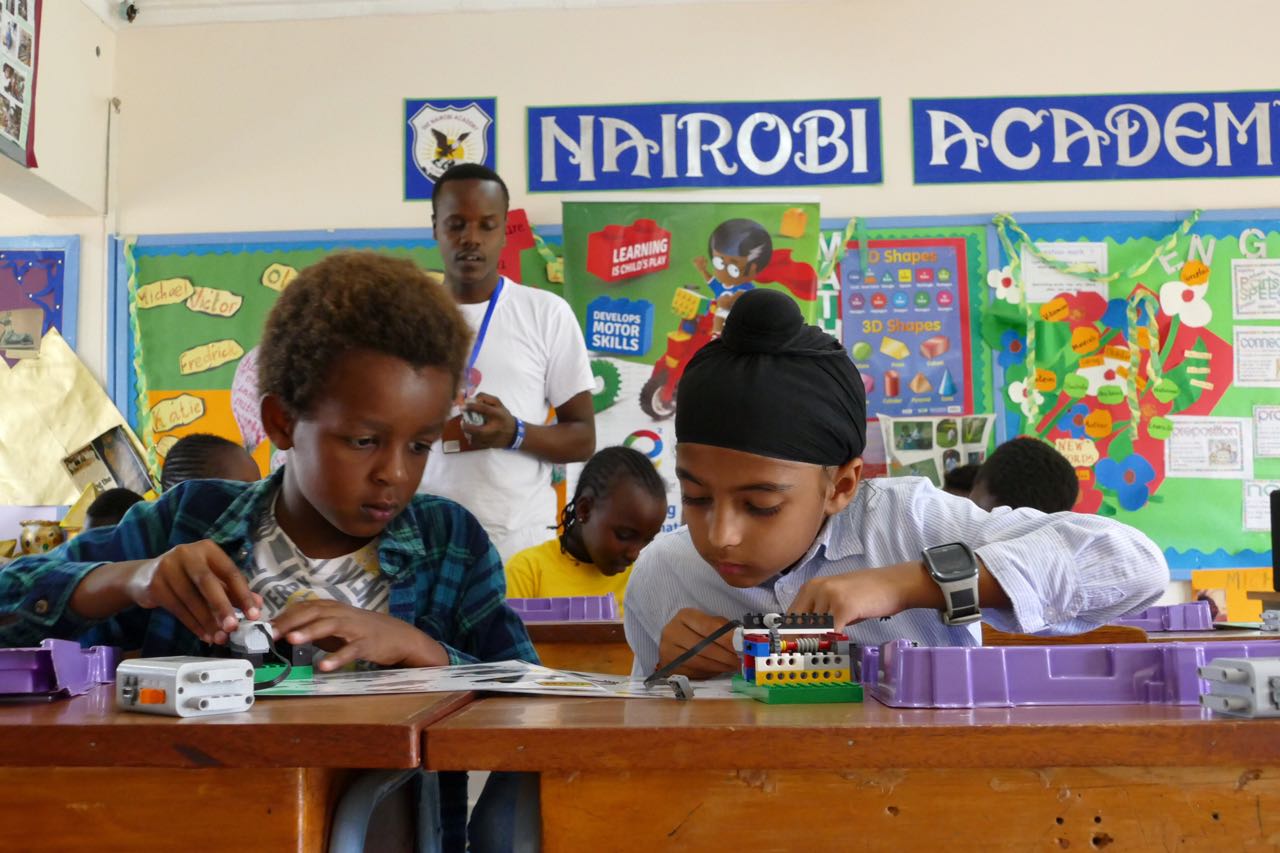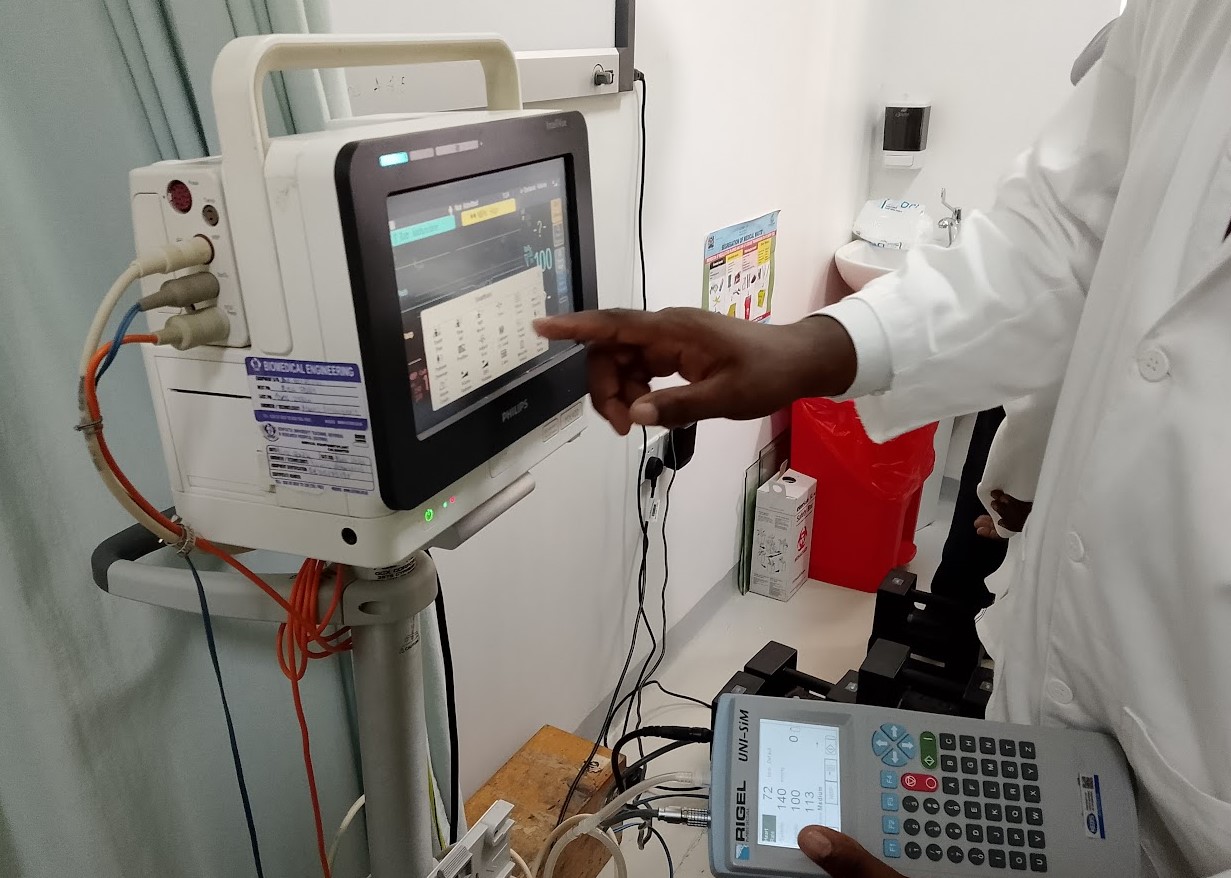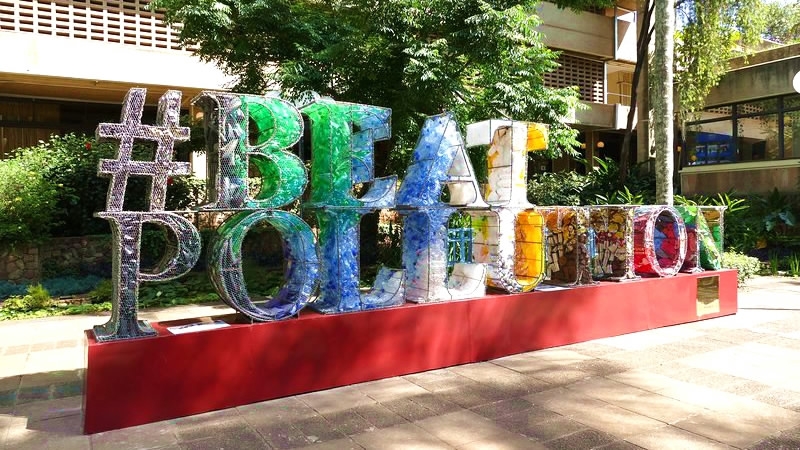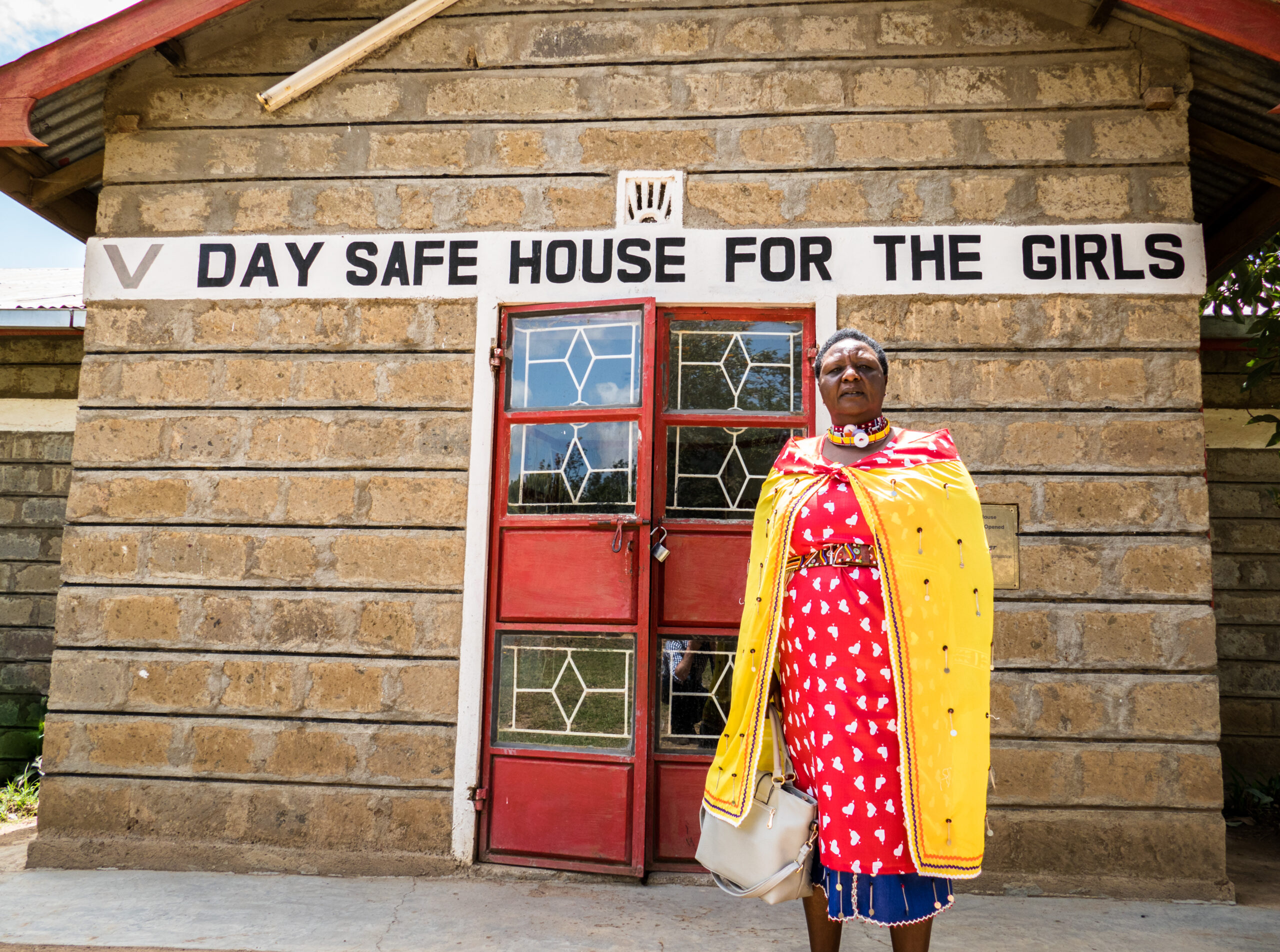
Reporter’s Diary: The ‘new education’?
Lego scattered on every child’s desk, a laminated step-by-step guide to building a model, two teachers ready to help whoever may need.
That’s what this “new education” workshop looks like.
The initiative is a step away from the traditional textbook-based curriculum and offers a more hands-on system that looks to give kids an alternative way to learn.
It’s a system that e2 Young Engineers is pioneering.
e2 Young Engineers is a global initiative that embraces the new. It has developed a selection of different programmes for students from pre-school through to high school in order to teach the subjects that they feel are “the way of the future”.
They offer a selection of programmes and workshops that take on a unique style of teaching. According to their mission statement, their lessons are more engaging, hands-on and fulfilling.

Last year, as Director of Young Engineers Kenya, Faith Gathungu introduced the scheme to a select number of international schools in the country’s capital, Nairobi.
“I believe Kenya needs it. We need a change from what we have traditionally taught the kids. I believe we need a hands-on experience, and we need kids to love science, maths, and technology,” Faith told me during an interview at Nairobi Academy School.
Although still in its infancy, the Kenya branch has grown leaps and bounds under Faith.
“We have made a significant impact. We have seen kids that are already in our current programme gain a lot of interest in [the] sciences.”
When we documented one class at Nairobi Academy School, already we could see a more engaging and active-style of teaching. It wasn’t just children playing around with Lego, it was intuitive – every five minutes, tutor Flavian Sarah Mutamba would ask the children questions on the theory of what they were building, and give information on the science behind it. Flavian also had to build her own model in front of the children.
“It builds the kids’ concentration,” she said, when asked about the importance of this style of teaching.
“We’ve had children who have come here and had zero concentration, but after a week or two of being at Young Engineers they concentrate more.
“It helps for teamwork, and improves presentation skills.”

The workshops have helped children with learning difficulties, and have even been able to shatter gender-stereotypes.
“For the girls who think maths or science is hard and is meant for boys, we’ve seen a great change in the way they think, and the way they find it fun,” Faith said.
A Young Engineers workshop stands as an extra-curricular activity, meaning parents sign their children up for it. Even though it may take up their lunch time, the children I spoke to didn’t seem to mind at all.
“You get to build fun things, and you get to have fun with them,” David, a 9-year-old student told me whilst he was finishing off his Lego model.
“[When I am older] I want to be a scientist, so that I can make things that will improve the world and also find cures for diseases,” he added.

The practical education vs theoretical education argument has been apparent for years. For Faith, she is adamant that practical education must be incorporated within the traditional schooling system.
“The more we embrace it [practical learning], it will be better in terms of where our kids will be as young adults in the future,” she told me.
e2 Young Engineers Kenya has an ambitious plan to feature in schools all over Kenya, from both public to private. The visit to Nairobi Academy School allowed me to see the positive and personal impacts an initiative like this can have on children.





